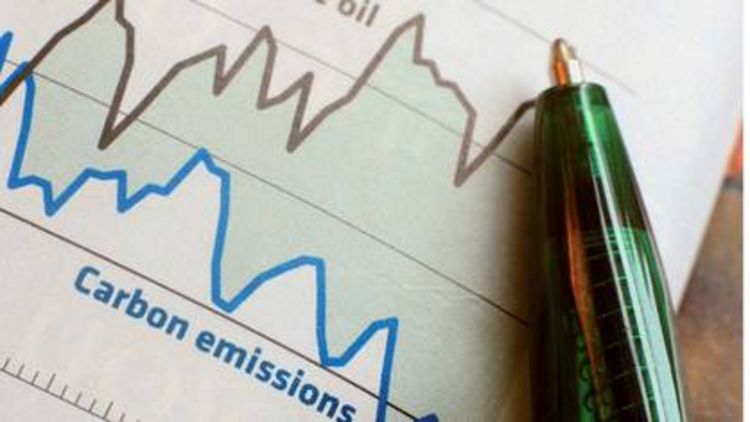A recent study by the Energy Modeling Forum (EMF) investigates the role of border carbon adjustment in unilateral climate policy design.
The internationally renowned EMF is organized as an expert platform that addresses important energy and environmental issues to derive robust insights and policy conclusions. The EMF study on border carbon adjustment is available as a special issue in Energy Economics edited by Christoph Böhringer (University of Oldenburg) in cooperation with his US colleagues Thomas F. Rutherford (University of Wisconsin), Edward J. Balistreri (Colorado School of Mines) und John Weyant (Stanford University).
The global nature of the anthropogenic greenhouse gas effect calls for coordinated abatement efforts across all nations. However, a binding world-wide agreement on greenhouse emission reduction has not yet been achieved. To push the international climate policy process, various industrialized (OECD) countries take a lead role with ambitious unilateral emission reduction targets.
Unilateral climate policy, however, faces the problem of counterproductive emission relocation to non-regulated regions (so-called carbon leakage) – not at least because of the loss in international competitiveness by regulated emission- intensive and trade-exposed industries. In theory, border carbon adjustment appeals as a second-best option to mitigate the problem of carbon leakage and improve the global cost-effectiveness of unilateral climate policy: On the import side, emissions embodied in imported goods and services from non-regulated countries should be taxed at the emission price of the regulated region.
On the export side, emission charges paid by domestically regulated firms are rebated for exports to non-regulated countries. If comprehensively applied, BCA effectively works as destination-based carbon pricing which level the playing field in international trade while internalizing the cost of climate damage into prices of goods and services.
The EMF study presents a joint assessment of 12 expert groups on the economic and environmental impact of border carbon adjustment. The main insights can be summarized as follows: Border carbon adjustment alleviates the negative repercussions on the competitiveness of emission-intensive and trade-exposed industries in unilaterally regulated countries and thereby can effectively reduce carbon leakage.
From the stance of global cost-effectiveness, border carbon adjustment achieve only very limited cost savings. The reason behind is that border carbon adjustment at the industry level does not give direct incentives for emission reductions to foreign firms. The main effect of border carbon adjustment is to shift the burden of climate policy from regulated OECD countries to non-regulated (non-OECD) countries. Border carbon adjustment effectively works as a substitute for strategic tariffs on energy-intensive and trade-exposed industries.
Energy Economics, Volume 34, Supplement 2, Pages S95-S250 (December 2012): “The Role of Border Carbon Adjustment in Unilateral Climate Policy: Results from EMF 29”, Edited by Christoph Böhringer, Edward J. Balistreri and Thomas F. Rutherford

